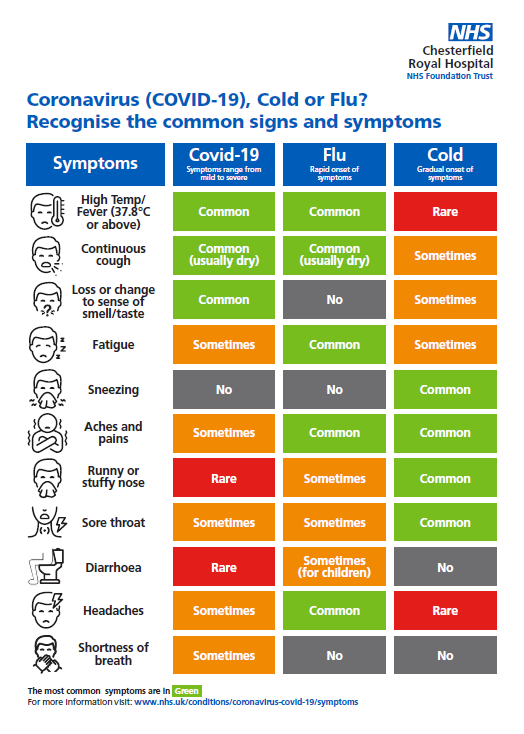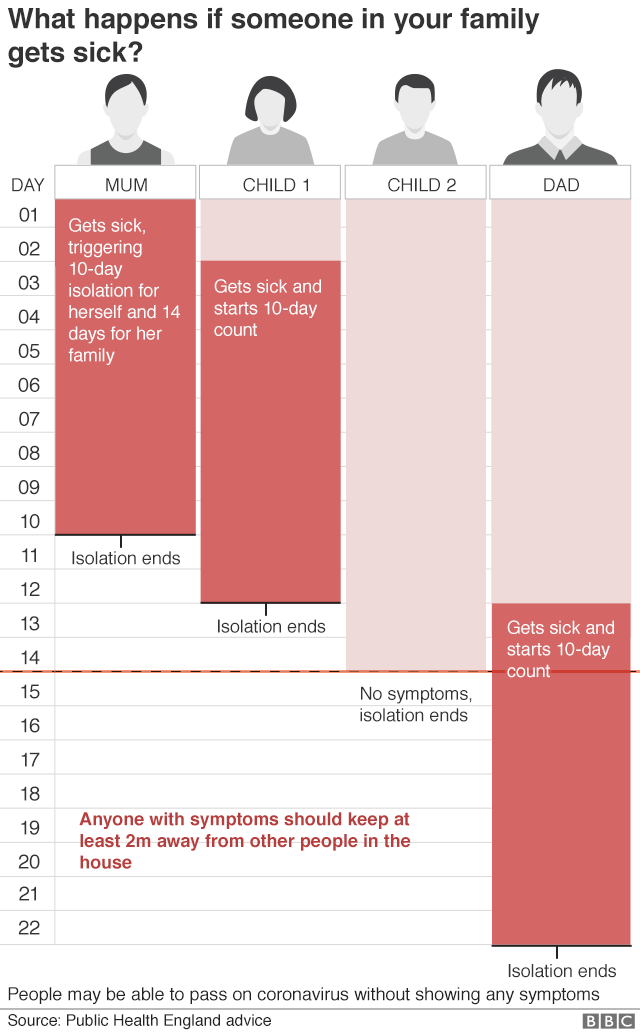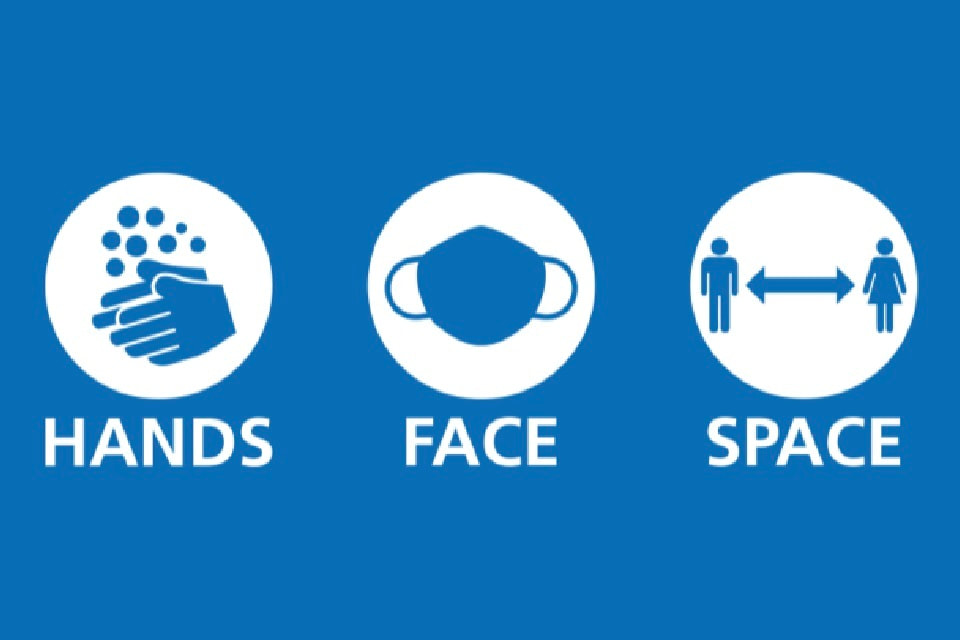Coronavirus - Keeping Updated |
Public Health England: Returning to Primary School: What Parents Need to Know (click here for the latest Government guidance)
Government guidance: What Parents and Carers need to know about early years providers & schools this Autumn (click here)
|
Parents and carers can really help us to keep potential virus transmission down by following the guidance in our Parents: Keeping Whaley Thorns Primary School Safe document
|
| ||||||
|
Risk Assessment: Government guidance states that "all pupils will return to school full-time from the beginning of the autumn term". The safety and well-being of our pupils, staff and all our school community partners is of paramount importance to us. To ensure that we minimise any risks from the Covid-19 virus, control measures have been put in place as we continue to strive to make our school a stimulating, yet safe environment for all our learners and school community. This document is reviewed regularly and changes are made to reflect developments in guidance from the Government.
The Risk Assessment which outlines our plans and prevention arrangements are set out in the document. New isolation guidance from 16th AugustFrom 16 August, you will not be required to self-isolate if you are a contact of someone who has tested positive for COVID-19 and any of the following apply:
Fully vaccinated means that you have been vaccinated with an MHRA approved COVID-19 vaccine in the UK, and at least 14 days have passed since you received the recommended doses of that vaccine. NHS Test and Trace will contact you to let you know that you have been identified as a contact and check whether you are legally required to self-isolate. If you are not legally required to self-isolate, you will be provided with advice on testing and given guidance on preventing the spread of COVID-19. Even if you do not have symptoms, you will be advised to have a PCR test as soon as possible. Any member of the household who is aged 18 years and 6 months or over and has only received one dose of COVID-19 vaccine or has not received any dose of the COVID-19 vaccination will still be required to self-isolate as household contact of a someone with COVID-19 symptoms awaiting testing and someone who has tested positive for COVID-19. Please read the stay at home guidance which provides information on this. Household members who are not exempt from isolation as close contacts should not go to work, school/college/childcare/education setting or public areas, and exercise should be taken within the home. If you require help with buying groceries, other shopping or picking up medication, or walking a dog, you should ask friends or family. Alternatively, you can order your shopping online and medication by phone or online. Household members staying at home for 10 days will greatly reduce the overall amount of infection the household could pass on to others in the community. You could be fined if you do not self-isolate following a notification by NHS Test and Trace. You may be entitled to a one-off payment of £500 through the NHS Test and Trace Support Payment scheme if you are required to stay at home and self-isolate or you are the parent or guardian of a child who has been told to self-isolate. Those who are clinically extremely vulnerable should be supported to minimise their contact with other people in the household during this period, regardless of whether others have symptoms or not. Instructions for household contacts who are not required to self-isolate from 16 August Even if you are vaccinated, you can still be infected with COVID-19 and pass it on to others. If you are identified as a contact of someone with COVID-19 but you are not required to self-isolate, you can help protect others by following the guidance on how to stay safe and help prevent the spread. As well as getting a PCR test, you may also consider:
You should follow this advice while the person in your household with COVID-19 is self-isolating. If you are a health or social care worker or a student undertaking a work placement who has been identified as a household contact and are exempt from self-isolation, there is additional guidance available that you should follow to reduce the risk of spread of COVID-19 in these settings. If you develop symptoms at any time, even if these are mild, self-isolate immediately, arrange to have a COVID-19 PCR test and follow the guidance for people with COVID-19 symptoms. Plan BThe government has announced that England will move to Plan B in response to the risks of the Omicron variant.
| |||||||||||||||
|
The TEAM Education Trust have prepared an update for all parents to share our thoughts and response to the current situation with the virus and its impact on our schools.
|
| ||||||
| v16_wt_covid19_reopening_ra.pdf | |
| File Size: | 577 kb |
| File Type: | |
National Lockdown from 5th November - 2nd December 2020
New National Lockdown measures have been announced and will be coming in on November 5th 2020.
There will be no change to education and your child must continue to come to school in the usual way. Full guidance can be found by following this link.
https://www.gov.uk/guidance/new-national-restrictions-from-5-november
There will be no change to education and your child must continue to come to school in the usual way. Full guidance can be found by following this link.
https://www.gov.uk/guidance/new-national-restrictions-from-5-november
Keeping Covid Aware
Confused about what to do if you suspect you have a case of Covid-19 in your household? A few really useful summary documents have been shared with us recently that we would like to share with you.
Covid, Cold or Flu? To recognise the common signs and symptoms, please click on the picture to the left.
How long to Self Isolate? It can get a little confusing! Please click on the picture to the right to see full details on who should isolate in your family and how long they should isolate for.
NHS Test and Trace App
The new NHS COVID-19 app is part of the COVID-19 NHS Test and Trace service in England. The app will be used, alongside traditional contact tracing, to notify users if they come into contact with someone who later tests positive for coronavirus. The app allows users to report symptoms, order a coronavirus test, check in to venues by scanning a QR code and it helps the NHS trace individuals that may have coronavirus. This app will allow everyone aged 16 and over to know if they have been in contact with someone who has tested positive with coronavirus.
Hands, Face, Space Campaign
|
Coronavirus (COVID-19) is an easy virus to kill when it is on skin. It is essential that everyone washes their hands more often, using soap and water for at least 20 seconds. That's why we're doing our best to make sure that staff and pupils clean their hands regularly, including when they arrive, when they go to and return from breaks, return from the toilet as well as before and after eating. The Hands, Face, Space campaign was launched by the Government yesterday and, to see the new film which we think explains just how quickly the virus can be shared between friends, please click on the image to find out more
|
To Test or not to Test?
We have received a letter from the Department of Education asking that we help to clarify for parents and staff if it is necessary to take a test for Covid 19. We can summarise the main points for you below (with we being the Department for Education):
We have received a letter from the Department of Education asking that we help to clarify for parents and staff if it is necessary to take a test for Covid 19. We can summarise the main points for you below (with we being the Department for Education):
- A key part of the Test & Trace Service is the appropriate use of testing to help identify people who are positive and subsequently their contacts.
- Anyone with symptoms can book a test online or over the telephone through 119 to get the certainty they need to protect themselves and those around them.
- Crucial to the overall support for schools is ensuring that everyone with coronavirus symptoms has access to a test as soon as they develop those symptoms. It is vital that lessons are learnt from the recent Scottish experience, where the return of schools saw a huge increase in demand for tests from people without coronavirus symptoms. We want to avoid a similar surge in test demand as England’s schools and colleges return to ensure that we continue to prioritise our testing capacity for those with symptoms and to avoid children, students and their families self-isolating unnecessarily.
- To ensure we identify those with coronavirus while avoiding a huge increase in demand for tests from people without coronavirus symptoms, we ask that you recommend to your pupils, students and staff who feel unwell, that they get tested if:
- they develop one or more of the main coronavirus symptoms:
- a high temperature
- a new, continuous cough
- the loss or change of their sense of taste or smell, or
- they are recommended to get tested by a healthcare provider (e.g. GP or nurse)
- they develop one or more of the main coronavirus symptoms:
- If a pupil, student or staff member develops one or more of the main coronavirus symptoms described above, only they should be tested.
- There is no need for their households to have a test, unless they are also symptomatic.
- Unless a pupil, student or staff member has one of the three main coronavirus symptoms, they should only be tested if instructed otherwise by the local authority, health protection team or their GP.
- As schools and colleges across England return, pupils and students may feel unwell for example with a sore throat, stomach upset or a headache. These pupils and students don’t need to book a test but may need to stay off school or college and seek medical advice through their GP or pharmacist as usual.
Keeping Safe on Line and avoiding Cyber Attacks!
The DfE and National Cyber Security Centre have written to TEAM Education Trust to advise us of the heightened risk of cyber crime as so many people are now working on-line and finding new ways of getting the information they need. We work with Secure Schools who provide staff training and work with us to identify risks (more information here). It really is worthwhile taking time to make sure that you and your family are protected from the fastest growing criminal activity of all - The National Cyber Security Centre have a helpful website - click here for more information.
The DfE and National Cyber Security Centre have written to TEAM Education Trust to advise us of the heightened risk of cyber crime as so many people are now working on-line and finding new ways of getting the information they need. We work with Secure Schools who provide staff training and work with us to identify risks (more information here). It really is worthwhile taking time to make sure that you and your family are protected from the fastest growing criminal activity of all - The National Cyber Security Centre have a helpful website - click here for more information.



